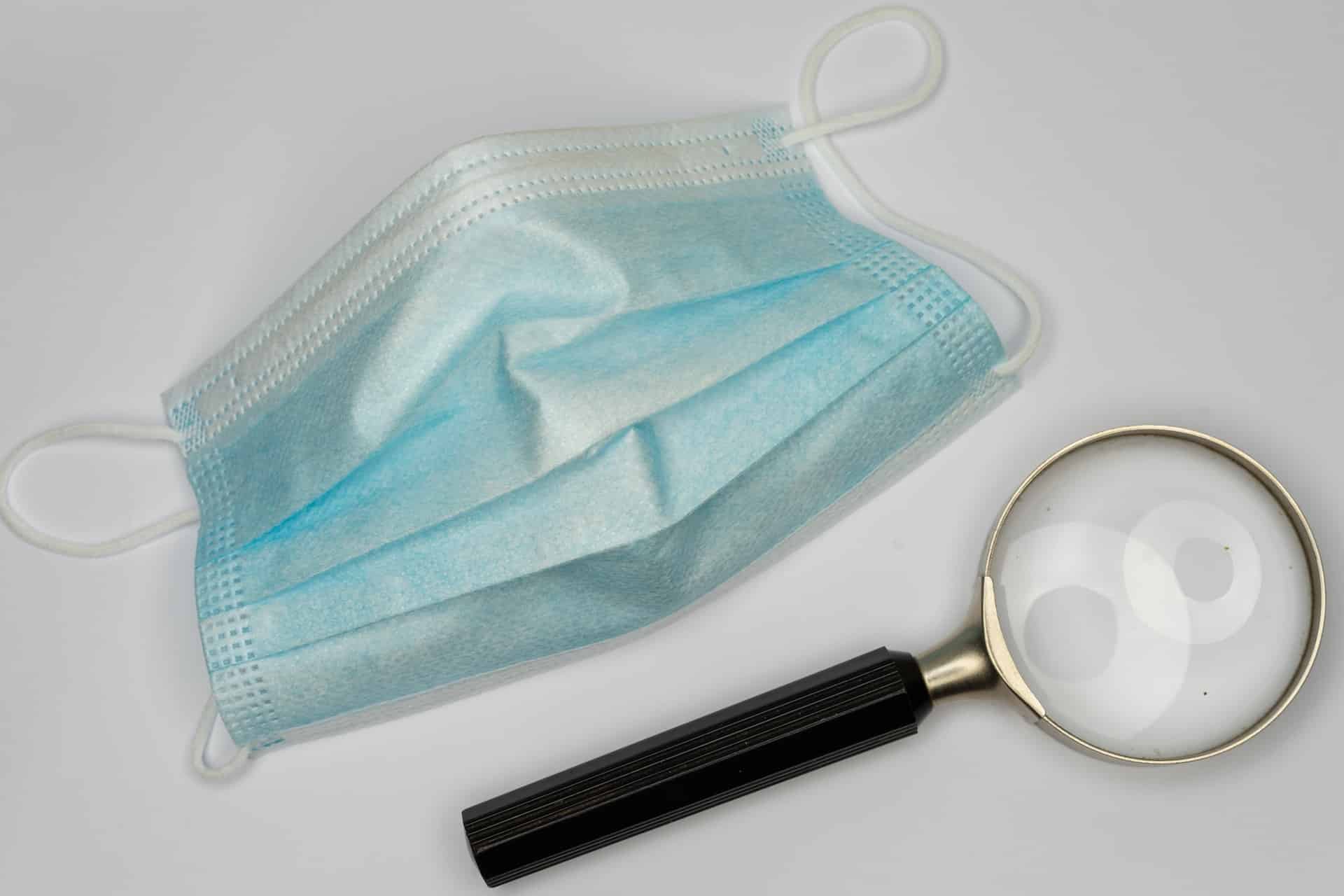
You might have recently heard about Medwise.ai. This online tool, which has been certified by (among others) NHS Digital DCB 0129 and DCB 0160, is (in its own words) ‘a customisable search platform designed to help clinicians find the information they need at the point of care.’ 1
The platform is available free-of-charge, and (again in its own words) ’empowers practitioners with informed decision-making, adherence to guidelines, quick access to answers, and a reduction in the burden on GPs for supervision.’ 2 According to its website, Medwise.ai ‘offers potential time saving of 25% in consultations by streamlining information retrieval’,2 although no reference is provided to support this claim. Anybody can sign up and use the tool, although it is only ‘intended for healthcare professionals’,1 and can be accessed via nhs.net email accounts among other routes.
I recently gave the tool a workout during a day of consultations. Here is a selection of the results, my thoughts of the tool, and how I think AI will really look in general practice.
Given the tool’s .ai domain name, and the claims of ‘natural language processing and artificial intelligence technology’ being used by the platform,3 I attempted to engage with Medwise.ai as I would a large language model (LLM) such as ChatGPT, Bard, or Claude. I did this by talking to the tool in natural language, first by typing in ‘Give me a patient information leaflet for BPPV.’ This is how I would prompt an LLM, but Medwise.ai’s ‘Search now…’ bar and ‘Search’ button imply this is simply a search engine akin to Google or DuckDuckGo rather than an LLM.
After a few seconds, Medwise.ai responded with ‘Can I find a patient information leaflet for BPPV?’, thereby demonstrating natural language processing (NLP) in rephrasing my question. A series of links to clinically trusted websites about BPPV were then presented, with some of the relevant text highlighted in yellow. Following these links took me to the relevant webpages external to Medwise.ai.
Next, I entered into the search bar ‘I’m in Nottingham. Give me antibiotic guidelines for urinary tract infections in pregnancy’. It parsed my question using NLP to ‘What are the antibiotic guidelines for treating urinary tract infections in pregnant women in Nottingham?’ and presented links to national guidelines with relevant text highlighted, but was unable to provide local information.
I then searched ‘I’m in Nottingham. Give me 2 week wait referral criteria for sarcoma’. It rephrased this to ‘What are the referral criteria for sarcoma with a 2-week wait in Nottingham?’ and linked first to National Institute for Health and Care Excellence (NICE) guidelines about neck lumps (which was irrelevant), and was unable to provide the local guidelines that I needed.
I then searched ‘My patient’s blood pressure is 148/95. What’s the correct management plan?’ This time the tool didn’t rephrase my question, and the first link that it provided was to a Medscape article about hypertensive emergencies.
So, what are my thoughts on Medwise.ai? A key takeaway is that, while it does seem to be using AI in the form of NLP when rephrasing my searches, this is the only obvious way in which it is using AI. While rephrasing my question in natural language is impressive, this offers no utility whatsoever for a clinician at the point of care. What would be a useful deployment of AI here is if my question could be answered accurately and succinctly in natural language, in the manner that an LLM such as ChatGPT would do within seconds. Instead, however, Medwise.ai, in its current iteration, simply presents a series of links to clinically trusted sources, and highlights some of the words in the preview screen that are (in some cases) relevant to my search question (all of the text being highlighted, and text being highlighted in links to irrelevant sources, are entirely unhelpful however, and occurred multiple times).
Ultimately, therefore, the clinically useful part of Medwise.ai is simply a search engine that searches clinically trusted websites, rather than searching the entire internet like Google would do. While this offers some utility, especially as the sites that are searched can be selected and deselected to the user’s preferences, the added value is only minor, mostly because I already have access to these clinically trusted sources, such as NICE guidelines. The tool certainly did not save me anywhere near 25% of my consultation time.
Disappointingly, Medwise.ai does not seem to be using much AI. This is despite claiming that it ‘uses natural language processing and artificial intelligence technology to help clinicians quickly find concise and actionable answers at the point of care.’ 3 It certainly does not use any generative AI when answering my questions, but simply provides the results of online searches.
If it did use generative AI — which is what I think will be deployed in general practice in the near future — it would provide a specific answer for my question in natural language and provide a link to the clinically trusted source to support it. This is what GPT-4 already does when prompted to do so, as shown by the following exert of the response to such a prompt:
I foresee AI revolutionising general practice,4 and I think this will be (if these technologies are developed and deployed thoughtfully) good news for both patients and GPs. In the near term, this will involve the generation of personalised responses to clinical queries, the production of bespoke information for individual patients, and the presentation of summarised searches of up-to-date evidence bases, in a way that Medwise.ai currently cannot achieve. In the longer term, these technologies will overhaul the GP consultation in more dramatic ways.4
References
1. Medwise.ai. About. https://www.about.medwise.ai (accessed 8 December 2023).
2. Medwise.ai. Medwise AI at NHS Executive Strategy Summit 2023. 2023. https://www.about.medwise.ai/news/medwise-ai-at-ness-2023 (accessed 8 December 2023).
3. Medwise.ai. Medwise AI secures £1m investment to scale up. 2023. https://www.about.medwise.ai/news/medwise-ai-secures-1m-investment-to-scale-up (accessed 8 December 2023).
4. Armitage R. Using AI in the GP consultation: present and future. BJGP Life 2023; 29 May: https://bjgplife.com/using-ai-in-the-gp-consultation-present-and-future (accessed 8 December 2023).
Featured photo by Markus Winkler on Unsplash.
















